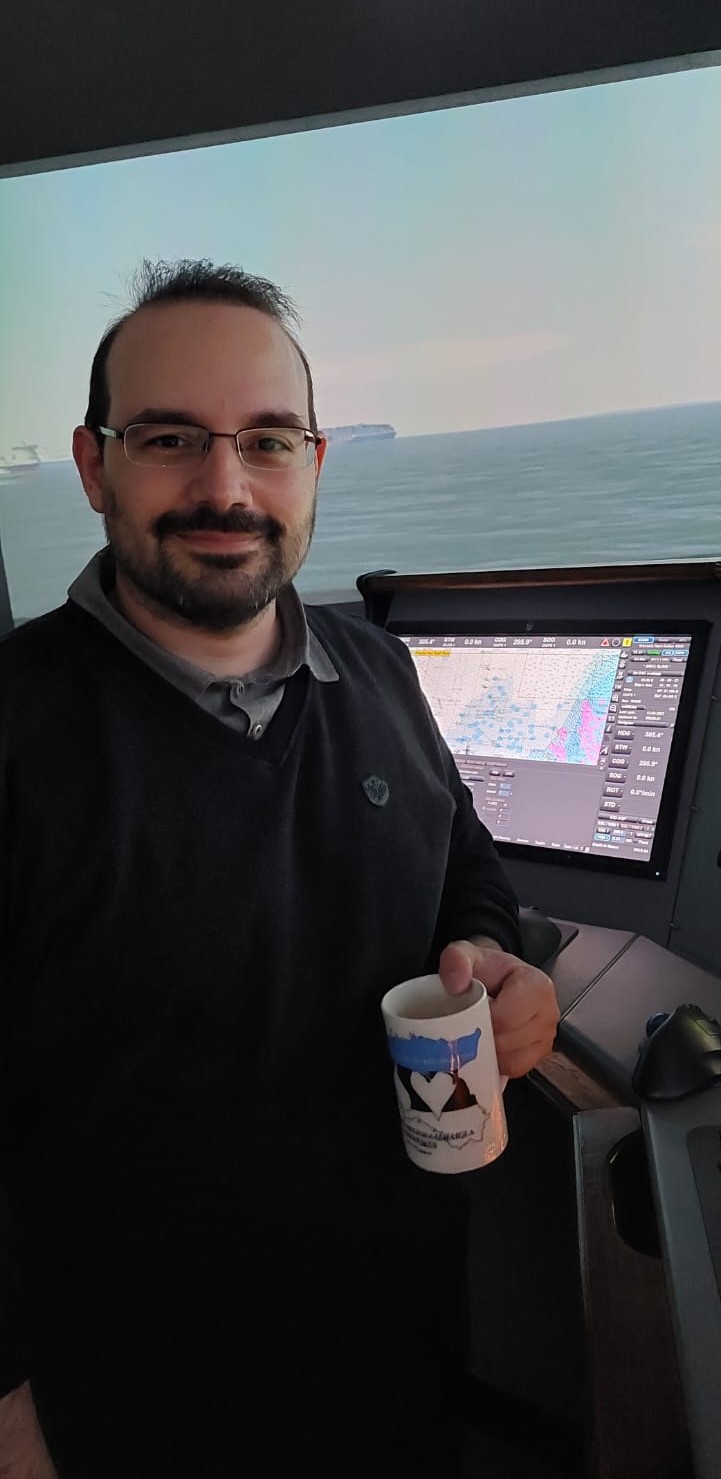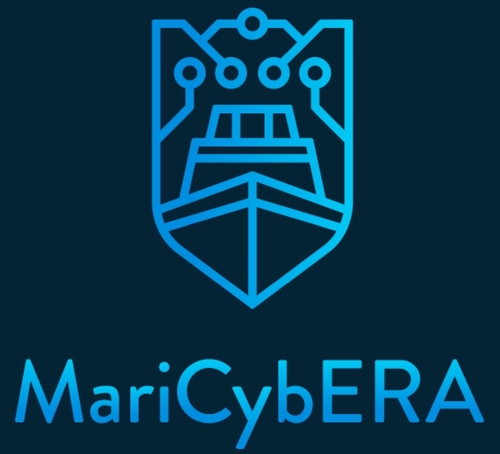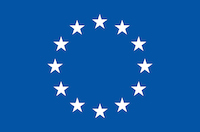
Dr. Aybars Oruç is an accomplished professional with a decade of experience spanning seafaring and office roles. His journey in maritime began at a maritime high school, where his dual interests in marine engineering and cybersecurity were first ignited. Blending his passion for technology with practical maritime expertise, Dr. Oruç has dedicated his career to advancing maritime cybersecurity. From maintaining ship machinery to managing regulatory compliance ashore, Dr. Oruç’s multifaceted experience enables him to connect operational insights with strategic cybersecurity solutions.
For Dr. Oruç, education and ongoing training are crucial to mitigating cyber risks in the maritime industry. “Cybersecurity training must be tailored, regularly updated, and followed by assessments to be effective,” he said, underlining the need for a proactive approach to protect maritime operations.
How do you see your role in the Horizon 2020 ERA Chair project?
I have formal education in both maritime and cybersecurity disciplines, which allows me to bridge the gap between these fields and ensure that our research is both relevant and applicable. My research focus is not limited to either maritime or cybersecurity. I work specifically on maritime cybersecurity, with nearly all of my scientific publications in this area. This specialization enables me to contribute effectively to the project’s goals, leveraging my expertise to address pressing cybersecurity challenges in the maritime domain.
Why is Estonia/TalTech the best place for an ERA Chair project in the field of maritime safety?
I wouldn’t make such a claim, as that would be quite a bold statement. There are esteemed institutes globally where high-quality research is conducted in this field. Determining whether we are the best place is for others to evaluate. However, maritime cybersecurity demands a interdisciplinary approach, and at TalTech, we are fortunate to have experts from both the maritime and cybersecurity fields. From my point of view, if researchers are supported with a strong academic environment and freedom, our research center can produce impactful results for the maritime domain.
What are the main challenges of the project?
The maritime sector is inherently conservative, which makes it challenging to stay informed about cybersecurity incidents affecting the industry. Additionally, the field of maritime cybersecurity is still relatively new, making it difficult to find qualified researchers with the necessary expertise on a global scale. Another significant challenge is that conducting technology-focused research on ships in service is often impractical. As a result, most technical studies are typically performed in controlled laboratory environments using simulators or emulators, which often leaves a gap in real-world evaluations.
How do you see the future of the Centre?
Maritime cybersecurity research centres are quite rare globally, with only a few dedicated research groups. However, with the rise in cyberattacks—particularly those allegedly state-supported—there is a growing recognition of the need for enhanced research and protection. This has led to the establishment of new research groups in various countries. In this context, I foresee the Centre expanding its reach and influence. By fostering collaborations, attracting talent, and enhancing research, the Centre can become an effective hub for maritime cybersecurity expertise.
What would be the main lessons you would take away from the project?
One of the main lessons I would take away from the project is the importance of working harmoniously with researchers from different disciplines within the research centre. This interdisciplinary collaboration has shown me how diverse perspectives can enrich research outcomes and drive more comprehensive solutions in maritime cybersecurity. Being able to work effectively in this kind of collaborative environment will be a key takeaway for me.
What links you to the maritime sector?
I have been connected to the maritime sector for over 20 years, starting my education in 2002. I am a marine engineer and have had the opportunity to work on various types of ships, including container ships, gas carriers, rescue vessels, and aframax tankers. After leaving seafaring, I gained office experience in the HSEQ department of a shipping company that owns chemical tankers, initially as a coordinator and later as a superintendent. This combination of sea and office experience strengthens my ties to the maritime industry.
Contact: aybars.oruc@taltech.ee


